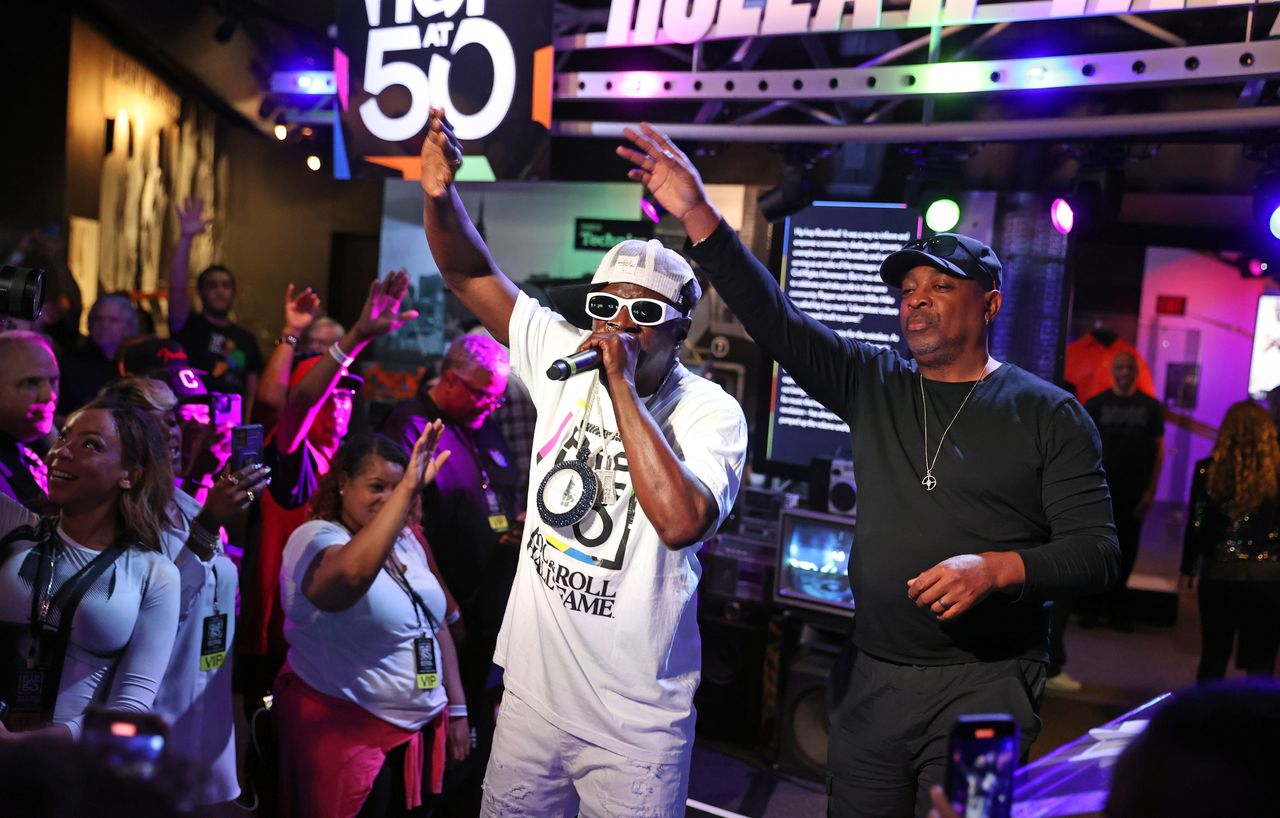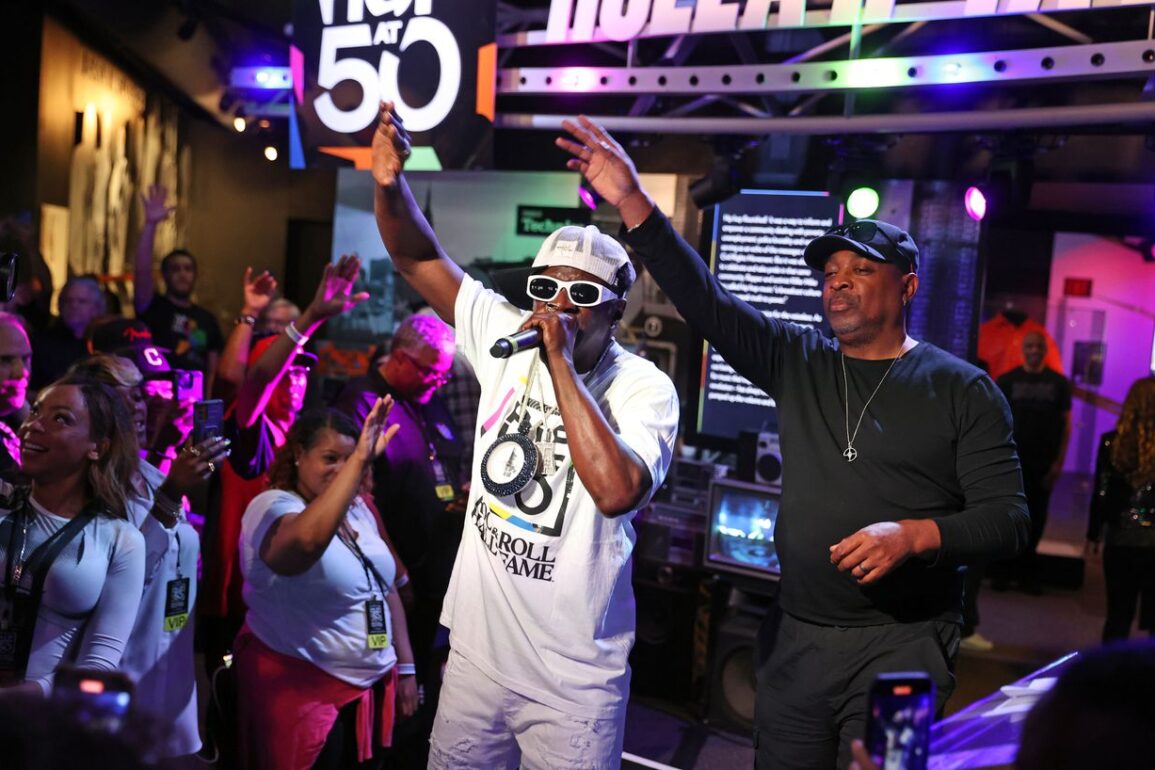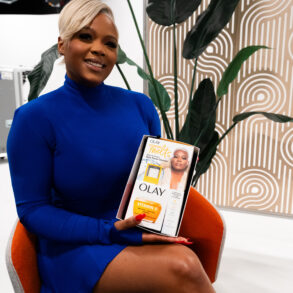
CLEVELAND, Ohio — I almost fell off my armchair when someone told me it’d been 50 years since some renegade DJs created a sound that has outlived almost all the early practitioners of this musical genre.
Yep, hip-hop turns 50 this summer. Like fine wine, it’s aged well.
Today, hip-hop is the most popular music in America. Heck, hip-hop is the most popular music in the world. You can’t leave these shores without seeing people transfixed by its sound, its lyrics, its beats.
Hip-hop is to the second half of the 20th century what jazz was to the first, and it looks as if the former will have a longer shelf-life. Hip-hop has done what jazz did so well, which was shape our language, our fashion and our expectations.
Sure, soul did some of this in the 1950s, 1960s and early 1970s. It introduced us to The Supremes, The Jackson Five and The Temptations. What would music be like without the contributions of Dionne Warwick, Little Richard or Smokey Robinson?
While soul hasn’t died, other musical genres have.
Does anybody today talk about disco divas Donna Summer, Evelyn “Champagne” King and Gloria Gaynor? No, ‘cause they did not survive. They were pushed into recesses of the Rock ‘n’ Roll Hall of Fame, moving aside to make room for the stylized, rhythmic sounds that brought spoken words to life.
What hip-hop did was stretch boundaries — stretch them until they almost popped.
Yet the genre proved elastic. It’s always snapped back into vogue, although often with a different name at the top of the chart.
DJ Kool Herc might have sired the sound back in the Bronx, but his followers have ensured the “flow” endured. From Luther Campbell to Eazy-E to Queen Latifah, hip-hop has rolled to the end of one century and found a home in a new millennium.
Let Drake, Megan Thee Stallion and Future come through the door.
I wish I could get a handle on how hip-hop sustained itself. I can’t. I know my taste runs toward jazz and soul. Yet those of us who saw hip-hop unfold in the 1970s thought the sound would disappear like polyester suits, platform shoes and gangster whitewalls. Hip-hop would be a fad, we thought; no way would it go global.
We thought wrong.
Since looking back at the origins of hip-hop, which I did when I read New York Times writer Jonathan Abrams’ bestseller “The Come Up: An Oral History of the Rise of Hip-Hop,” I’ve thought about how its misogynistic, crass lyrics might have softened a tad over time.
In the ‘90s, Bizzy Bone, Wish Bone, Layzie Bone, Krayzie Bone and Flesh-n-Bone, all Cleveland natives, had their shining moments in the spotlight, but weren’t their moments fleeting?
Maybe so, partly because Black women grabbed a bigger stake in hip-hop. So have international practitioners of this ground-shaking music.
All of them have made hip-hop the poetry of their time.
It might be unfair to compare the rhymes of Rick Ross and Schoolly D to what I’ve read in the poetry of Nikki Giovanni, Gwendolyn Brooks and Maya Angelou, yet perhaps it isn’t.
I find a currency in rappers these days who speak to a generation of people who weren’t around when Black men from the Bronx birthed hip-hop.
Their child has prospered.
Justice B. Hill grew up on the East Side of Cleveland and still lives there. He practiced journalism for more than 20 years and later taught journalism at Ohio University. Since his retirement in May 2019, he’s been devoting his time to travel and freelance writing.
This post was originally published on this site be sure to check out more of their content.









